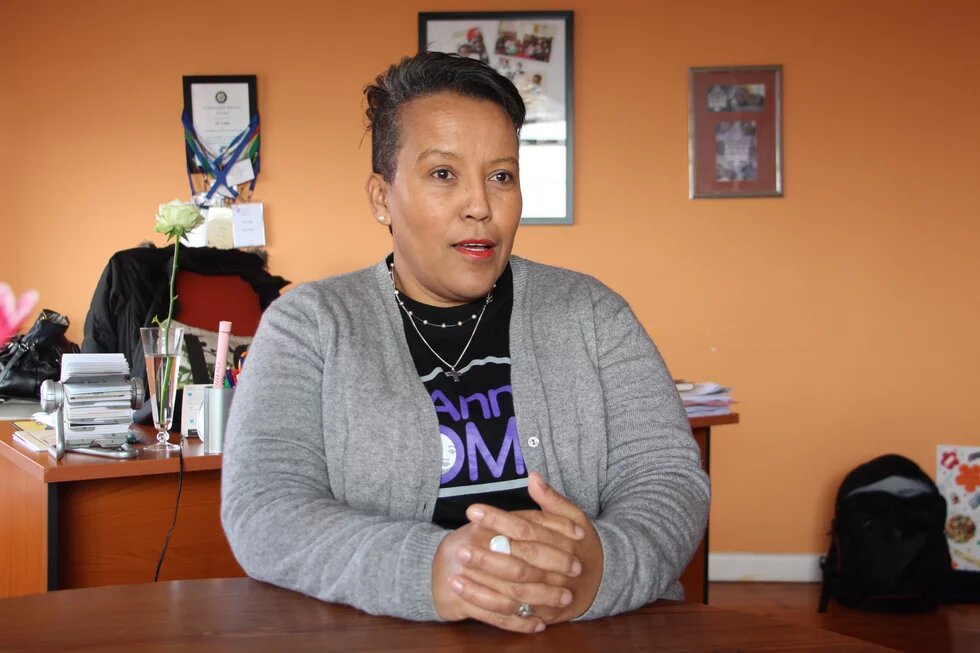While government has set minimum standards for shelters housing abused women, it fails to offer adequate support to uphold these requirements. The Weekend Argus recently spoke to some shelter managers and survivors of abuse to shed more light on their experiences of providing/accessing shelters.

While the Department of Social Development (DSD) has set minimum standards for shelters housing abused women, it fails to offer adequate support to uphold these requirements.
This is according to national research conducted by the Heinrich Boell Foundation and the National Shelter Movement of South Africa.
The two organisations are set to launch a detailed study next week, outlining the various challenges that women’s shelters face.
Weekend Argus has seen a preliminary report on the challenges and a lack of funding is at the heart of the matter.
Cape Town-based researcher Claudia Lopes, who co-authored the report, confirmed that “funding emerged as the single biggest challenge facing shelters”.
“Most shelters have gone through a funding crisis at one point or another, which resulted in them facing imminent closure or having to drastically reduce services,” said Lopes.
She said a “different kind of funding model and partnership with the government” was needed.
Joy Watson, who worked with Lopes, added: “The rationale behind the funding model is difficult to understand. The government’s approach of funding beds without contributing for example towards the building within which the beds are housed and the security for keeping residents safe is a serous abdication of responsibility on the part of the state.”
Lopes said an “additional challenge that emerged as a significant cause of frustration was the red tape associated with DSD funding”.
“The administration procedures associated with DSD funding are cumbersome and subject to change with short notice,” she said.
“They take up a tremendous amount of time and pose unnecessary stress to shelter management. As a result, one shelter took a principled decision to give up DSD funding.”
Western Cape house mothers - staff who live at shelters to support women - are given R2000 to R2500 a month from DSD.
Shelter managers say DSD should increase funding. Joy Lange, director of St Anne’s Home in Woodstock, said the DSD was failing its “constitutional responsibility to take care of vulnerable groups”.
“I still cannot figure out how the government thinks and gets down to these figures. We get R51.32 per day from the department to house 21 survivors of violence. We should get about R180 per day,” said Lange.
Delene Roberts, director at Sisters Incorporated in Kenilworth, said they only received R49 per bed per day from DSD.
“Our annual budget is just over R2 million a year. We need to pay electricity, our telephone bill, water and our food expenses are almost R3000 per week. DSD should increase its funding,” said Roberts.
Zubeda Dangor, head of the National Shelter Movement in South Africa, said DSD needed to standardise its funding to shelters.
“Its costing for shelters is poor and the consequence of that is you have differential services. That’s not fair to women who are coming to shelters,” said Dangor.
“The department needs to relook its costing model. There is a difference between the reality and what the department offers.”
DSD’s provincial spokesperson Esther Lewis said the department paid shelters “R1 591 per bed, per month”. It also paid towards a social worker post, administration costs and other expenses, she added.
“The funding really depends on the budget allocations the department receives,” said Lewis.
Meanwhile, women who escape domestic violence are making their way to shelters daily across the Cape.
Henrietta du Preez, who recently sought shelter at Sisters Incorporated, said she feared her husband would kill her.
“When I ran to the bathroom, locked the door behind me thinking I would be safe, he would kick a hole through that door and come through,” she said.
“When he comes home during his lunch break he comes home with an AK47. He worked with the police. I had to jump up and make him a cup of coffee. I had to be obedient because I didn’t want to end up dead.”
Olivia Strydom said the Saartjie Baartman shelter in Manenberg restored her confidence after years of being in an abusive relationship.
“A lot of women will go through abuse because they don’t work. They are abused and think that nobody loves them,” she said.
“Here (at the shelter) they give you everything back.
“Here they help you get back on your feet. You regain your self-respect.”
----
This article was published by the Weekend Argus on the 10th of February 2018 and can be accessed via https://www.iol.co.za/weekend-argus/news/watch-womens-shelters-hamstrung-by-funding-challenges-13209151